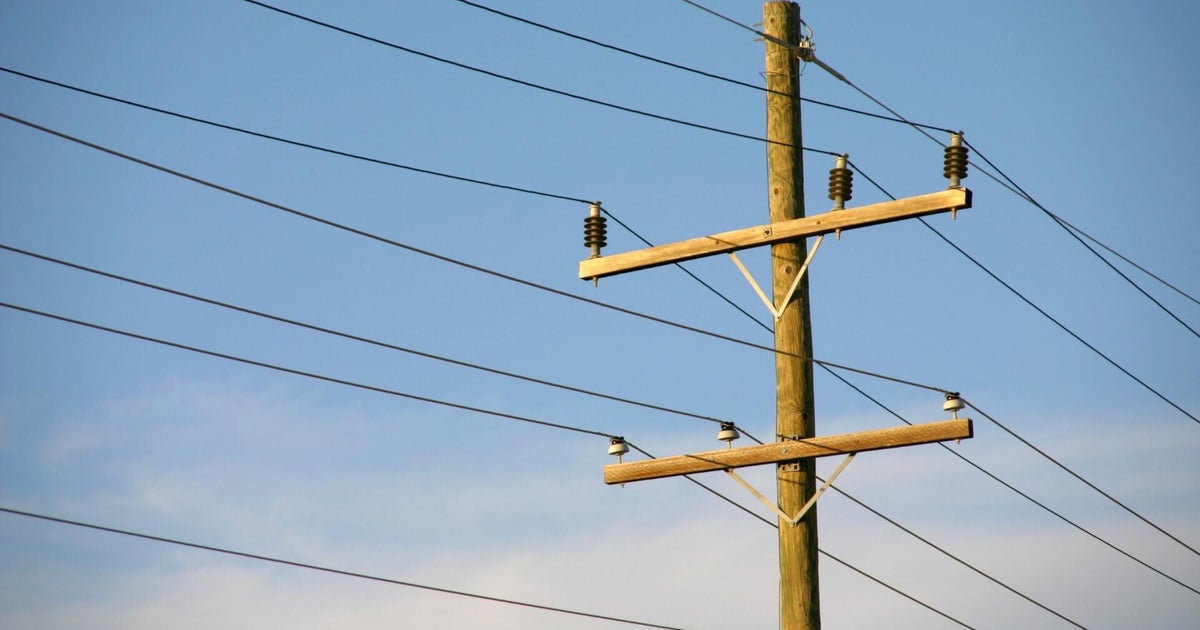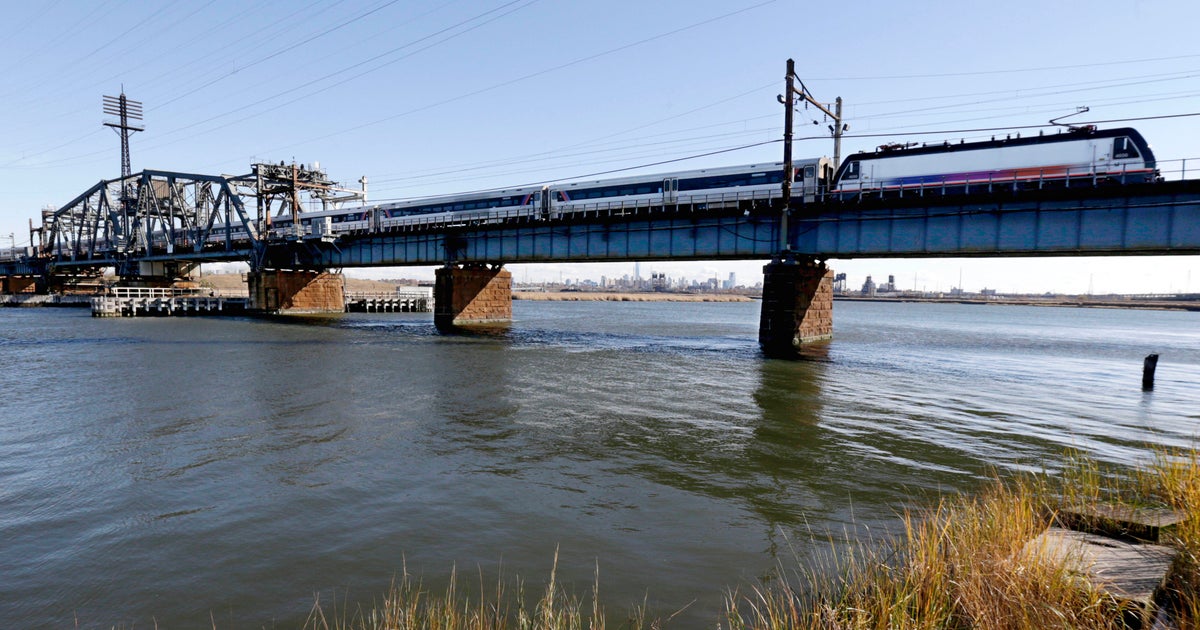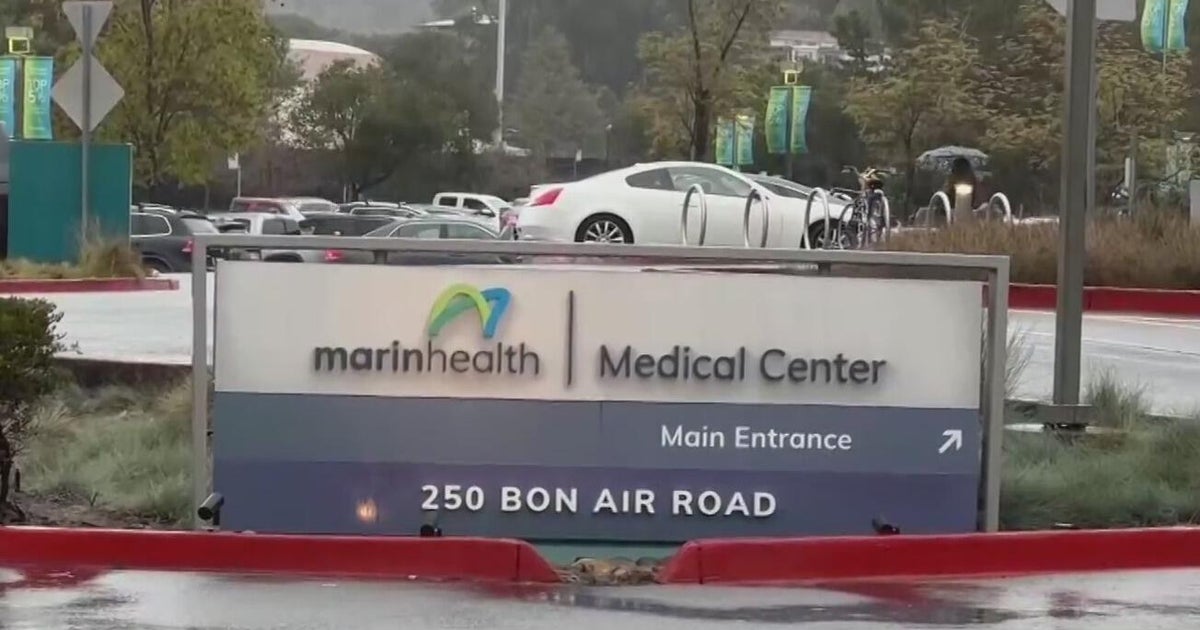Artemis set to blast off into space Saturday after delay
After engine issues delayed the mission early this week, the Artemis I spacecraft is scheduled to launch from the Kennedy Space Center in Florida Saturday. The trip to the moon and back is a major test for the attached Orion capsule, partly designed by engineers with Colorado-based Lockheed Martin.
But that's not the only local tie to this much-anticipated return to the moon. Onboard is a research project that originated in Boulder.
"About one and a half weeks ago we were here to hand over our payload," said Tobias Niederwieser with BioServe Space Technologies, a research center within the University of Colorado Boulder's Aerospace Engineering Department.
Niederwieser and his team have been working on this project, officially called Deep Space Radiation Genomics (DSRG), for more than four years now. On Saturday, it will be one of four experiments on board the moon rocket.
"It was one of the last things that got loaded on the SLS rocket for launch," Niederwieser said.
The team's goal is to see if humans can survive the intense radiation in deep space. They'll do so by growing specially modified yeast throughout the trip.
"Yeast DNA is very similar to the DNA of humans," he said. "There's about a 70% similarity to the functional genome of humans."
Until now, the longest humans have survived in deep space is two weeks, he said. The various strains of yeast on board will be analyzed to help them see if that period of time can be extended.
"So, looking at how the yeast is changing, we hope to inform how humans are able to survive for long-term stays in space," Niederwieser said.
With no power on board or remote control, this experiment won't be easy, so with the help of students from universities in four countries, including CU Boulder, the team created a battery-powered contraption. Once in space, it'll activate and start growing the yeast.
"The first time we know the experiment was successful and worked as intended is when we get it back," he said."
Ultimately, what strains thrive and what don't could help provide crucial answers to age-old questions.
"We want to extend humanity into deep space to the moon or to Mars," Niederwieser said. "Nothing like this has happened in almost 50 years, so this is a very cool opportunity that we are very grateful to have, and hopefully we get some really good science out of this."
Once the spacecraft returns to earth, researchers expect it to take several weeks to get the yeast back to begin analyzing it. After that, it could take several months to get all of the data and come to any conclusions.










